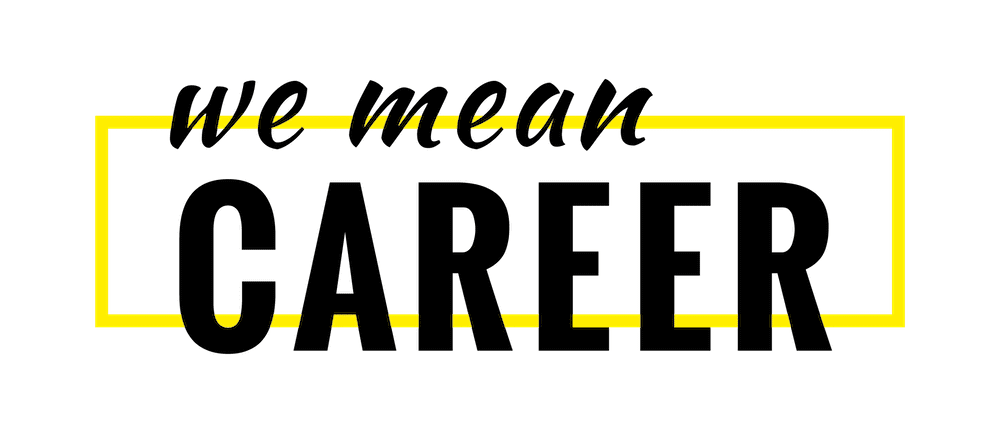HOW TO IMPROVE YOUR PROFESSIONAL SKILLS

There are loads of talented people around. But, have you noticed that not all of them succeed?
You can probably think of people you know that are bright and articulate and have vast knowledge in their field, yet they aren’t recognized for their talent.
Why? The answer is, it takes more than just an aptitude for a specific type of work to succeed professionally. You also need to develop a set of soft skills, like listening, empathy, and the ability to work as part of a team. These skills can be applied to any position and company.
By developing and practicing these types of skills, you can advance in your career much faster. Here’s how you can do this:
1. Decide which skills you want to learn
Before you get started, firstly, it’s important to work out which types of skills you want to learn. Whatever you choose, your reasons will need to be strong enough to ensure you don’t lose focus over time – so make sure you have some kind of emotional connection to the goal!
You will need to invest emotionally and time-wise to whatever you choose. So, the skills you pick should be important to you.
Start by considering your career and personal goals. Which skills can help you move forward. If you have a bigger long-term vision, be sure to consider this, too! Also, remember to think about your strengths and weaknesses, as this will make a difference to what you want to learn.
2. Make a plan and get organized
So, you know which skills you want to work on…but what’s next? Before anything else, you need to make a plan, including clear, specific goals and milestones. Then, you need to organize and prioritize your tasks so you can map out how to achieve your objectives.
It’s very important that your goals are measurable and specific, and that you have a set deadline. This will help you stay motivated. Additionally, make sure you’re realistic with your expectations. Otherwise, you will struggle to keep up with your plans in the long-run.
3. Find the best learning resources
Only you know which learning methods are best. However you learn best, the next step is to find the best resources to support your learning. Books, apps, online courses, and audiobooks are great ways to learn for most people, but you can use other methods if you prefer.
Make sure all your resources are easily accessible. And, if you have any bookmarks or software icons on your devices, make sure they are arranged and organized in a way that helps you stay on track with your goals.
4. Build a strong support network
If you want to increase the chances of sticking to your learning schedule, we recommend surrounding yourself with likeminded people that want to achieve the same things.
It’s important to have a supportive network of people around you. You can find people with similar goals by joining Facebook or LinkedIn groups, visiting forums, or joining training courses.
Additionally, having a coach or mentor can really help you succeed. Talk to people that have already achieved the things you want. You will be able to get amazing tips from them, and they can give you lots of helpful information and advice.
5. Stay motivated and be consistent
Developing a system to make sure you’re consistent with your learning is key to staying motivated. Using tools like a kanban board, along with other motivational techniques like affirmations, can help you stay organized and enhance your performance.
It’s important to get into the right flow with your work. Boosting your focus in completing tasks before starting new ones can help with this.
Another great way to maintain consistency is to schedule blocks for uninterrupted time to learn. Committing to small amounts of time of high-intensity work can help you avoid interruptions.
6. Enjoy the learning process
Last but not least, enjoy the process of learning new skills and make sure you have fun! Use your positive energy to your advantage and make the most of the highs and lows of the experience itself. Picking something you’re passionate about really helps with this!
In order to thrive professionally, developing your soft skills is a must! You need more than just the “hard” skills, like technical abilities required for your position.
It’s crucial to career development and success to develop strong interpersonal skills. You need to be able to work well with others to get ahead in your career.
It’s time to take the initiative and grow so you can be the best you can! By following these tips on how to improve your professional skills, you’re setting yourself up for success!
Now, it’s time to go and show off your new skills!



